Understanding the Emotional Aspects of Donor Conception

Deciding to pursue donor conception is a significant and often emotional step in a person’s fertility journey. While it offers hope and the opportunity to create a family, it also brings unique emotional challenges that can affect parents, donors, and, eventually, the child..
Deciding to pursue donor conception is a significant and often emotional step in a person’s fertility journey. While it offers hope and the opportunity to create a family, it also brings unique emotional challenges that can affect parents, donors, and, eventually, the child. In this blog, we’ll explore the emotional landscape of donor conception, helping individuals and couples navigate this path with greater understanding and compassion.
1. The Emotional Journey for Parents
For many, turning to donor conception follows years of trying to conceive, often filled with stress, disappointment, and heartache. The decision to use donor eggs, sperm, or embryos can evoke a range of emotions—from relief and excitement to grief over not having a genetic connection to the child. It’s common to feel conflicted, and seeking support from counselors or fertility specialists can help process these emotions.
Openness with your partner is key during this time. Discussing your feelings, hopes, and fears can strengthen your relationship and ensure you're on the same page as you begin this new chapter.
2. Navigating the Child’s Emotional Well-Being
As children born through donor conception grow, parents may face questions about when and how to discuss their child’s origin. Many professionals encourage openness and honesty, allowing the child to understand their story from an early age. However, parents often wrestle with the fear of how this information might affect their child emotionally.
Studies show that children who learn about their donor conception in a supportive, loving environment tend to adjust well. It’s important to create a space where they feel secure and loved, reinforcing that families are built on love, not just genetics.
3. Embracing Your Unique Family Story
Donor conception is an act of love and hope. It allows individuals and couples to create the family they’ve always dreamed of, and embracing that journey can help foster emotional resilience. Every family has its own unique story, and those formed through donor conception are no less special or meaningful.
1. The Emotional Journey for Parents
For many, turning to donor conception follows years of trying to conceive, often filled with stress, disappointment, and heartache. The decision to use donor eggs, sperm, or embryos can evoke a range of emotions—from relief and excitement to grief over not having a genetic connection to the child. It’s common to feel conflicted, and seeking support from counselors or fertility specialists can help process these emotions.
Openness with your partner is key during this time. Discussing your feelings, hopes, and fears can strengthen your relationship and ensure you're on the same page as you begin this new chapter.
2. Navigating the Child’s Emotional Well-Being
As children born through donor conception grow, parents may face questions about when and how to discuss their child’s origin. Many professionals encourage openness and honesty, allowing the child to understand their story from an early age. However, parents often wrestle with the fear of how this information might affect their child emotionally.
Studies show that children who learn about their donor conception in a supportive, loving environment tend to adjust well. It’s important to create a space where they feel secure and loved, reinforcing that families are built on love, not just genetics.
3. Embracing Your Unique Family Story
Donor conception is an act of love and hope. It allows individuals and couples to create the family they’ve always dreamed of, and embracing that journey can help foster emotional resilience. Every family has its own unique story, and those formed through donor conception are no less special or meaningful.








